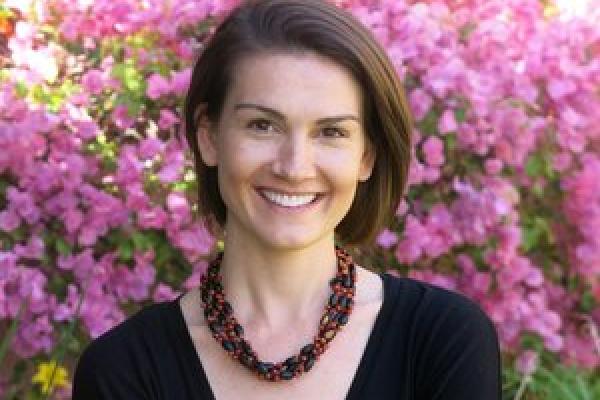
Dr. Emily Smith-Greenaway, University of Southern California, Associate Professor of Sociology and Spatial Science
Title: On a demography of loss: mortality exposures and (mis)perceiving mortality risk
Abstract: Mortality decline is a primary and universally established feature of the demographic transition. Reductions in mortality are theorized to be a major catalyst for broader social and demographic change through its hypothesized influence on individual behavior. This idea, however, is predicated on an implicit assumption that people readily perceive the reduction in mortality, allowing it to inform their subsequent behavior. Amid mortality decline, research has shown that individuals do not always perceive it, but instead think mortality levels are far higher than they are and are not improving. Grounded in life course theory and social learning theory, in this talk, I will describe how kin and social network mortality experiences can leave adults with inflated mortality perceptions, and the implications this has for population health more broadly. The results make a compelling case for demographic research that not only more expansively measures and theorizes linked lives, but also links lost.
Faculty members interested in meeting with the guest, please sign up.
Graduate students interested in having lunch with our seminar guests, please sign up.
